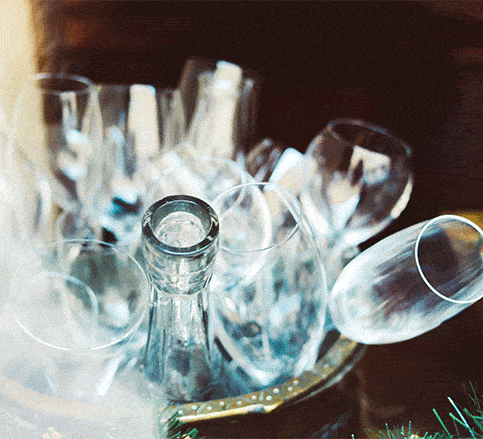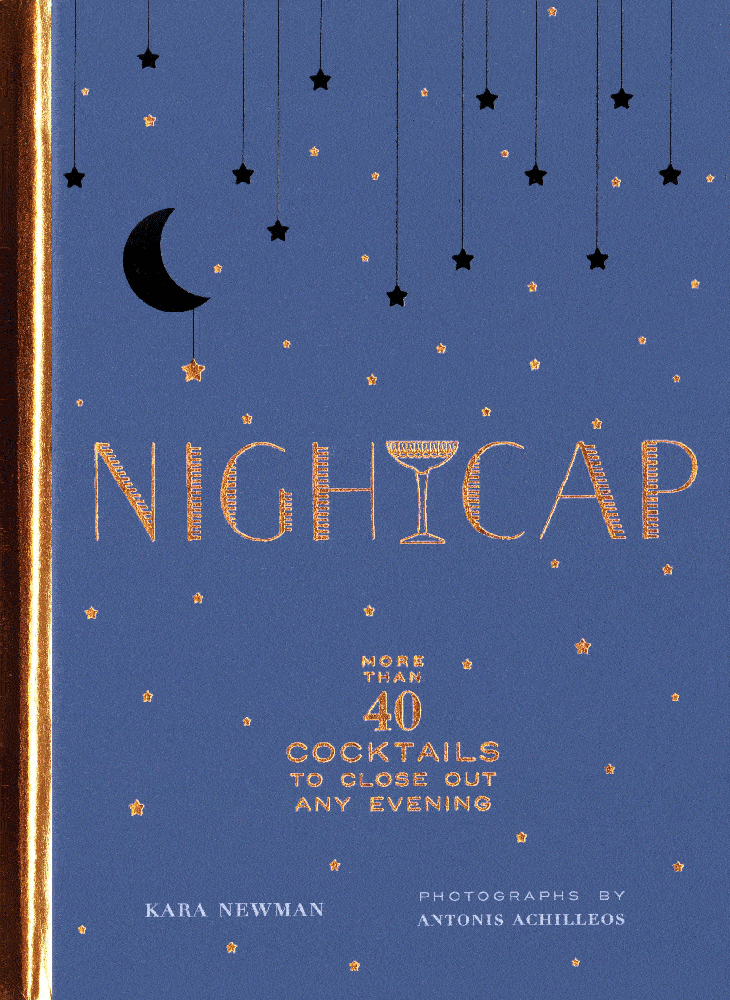
Champagne expects higher yields for 2021 vintage
Champagne sales are recovering post covid-19 and the region’s regulatory body expects high yields for this year’s vintages.
The Comité Champagne officially announced Friday the maximum yield at 13,100 kg per hectare, one of the highest ever seen in the region this century. A quantity sufficient to produce more than 360 million bottles.
However, included in this figure is about a quarter of this year’s crop that must go into a wine storehouse that is used to add to Champagne made in future vintages, replenishing a key part of the appellation’s approach to ensuring a regular, and quality, supply.
This harvest is known as a “reserve” and includes older wines to not only boost the amount of Champagne produced when vintages are small, but are also used to balance wines by adding more freshness or ripeness, depending on the character of the wines in storage. These reserves will also add depth to the champagne blend, depending on their age, and the way they have been stored.
The use of reserve only concerns non-vintage champagnes (blends of wines from different vintages) but as this style represents around 80% of production, the role of reserve wines is key to the production and style of the region.
By 2021 all quantities harvested between 10,000 kg per hectare and 13,100 kg per hectare must go to reserve. There is however an individual reserve limit of 8 000 kg per hectare (a design of measures to ensure that individual growers do not accumulate too much stock).
But there is one more element to this year’s harvest, and that is that it exists to support winegrowers who have suffered a reduced harvest due to natural influences.
Thus, in the event that winegrowers harvest less than the available yield, they will be able to benefit from a release from the reserve, up to the missing quantities, to reach 10,000 kg per hectare.
Recovery: strong champagne sales in major export markets
Meanwhile, champagne sales in major export markets, such as the UK and the US, as well as northern Europe and Australasia, have been strong, with demand recovering better than expected by producers in the region, who nervously watched as the early days of the pandemic saw a decline in champagne sales not seen since World War II.
June shipment data from the Comité Champagne:
June 2021: 26.5 million bottles (up 10.6 million bottles from June 2020, an increase of 66.8%)
January-June 2021: 114 million bottles (up 40 million bottles compared to January-June 2020, an increase of 48%).
July 1, 20 to June 30, 2021: 281 million bottles (16 million more than in the same period of the previous year, an increase of 6%)
Champagne yields set by the Comité Champagne since 2010
2021: 13,100kg/ha (10,000kg/ha +3,100kg/ha) – the equivalent of approximately 360.25m bottles
2020: 8,000kg/ha – the equivalent of about 220m bottles
2019: 10,800kg/ha (10,200kg/ha + 600kg/ha from the reserve) – the equivalent of about 297,000m bottles
2018: 10,800kg/ha (+4,700kg/ha or amount needed to reach a maximum wine in tank reserve of 8,000kg/ha)
2017: 10,800kg/ha (10,300kg/ha + 500kg/ha of reserve)
2016: 10,800kg/ha (9,700kg/ha + 1100kg/ha of the reserve)
2015: 10,600kg/ha (10,100kg/ha + 500kg/ha from the reserve)
2014: 10,500 kg/ha (10,100 kg/ha + 400 kg/ha from the reserve)
2013: 10,500 kg/ha (10,000 kg/ha + 500 kg/ha from the reserve)
2012: 11,000 kg/ha (10,500 kg/ha + 500 kg/ha from the reserve)
2011: 12,500 kg/ha (10,500 kg/ha + 2,000 kg/ha from reserve)
2010: 10,500 kg/ha
Champagne shipments by volume since 2010
2020: 245 million bottles
2019: 297.5 million bottles
2018: 301.9 million bottles
2017: 307.3 million bottles
2016: 306 million bottles
2015: 313 million bottles
2014: 307 million bottles
2013: 305 million bottles
2012: 309 million bottles
2011: 323 million bottles
2010: 319 million bottles
Don’t drink and drive. Enjoy responsibly.
News
Stay tuned and discover all the news in the Spirits World for professionals and amateurs, by our Spirits Hunters’ experts.
See all posts in this category. Join the community on Reddit
Join the community on Reddit
Spirits Hunters is a community dedicated to spirits and the world of mixology. Feel free to talk about the world of mixology and bartending here!
Join





